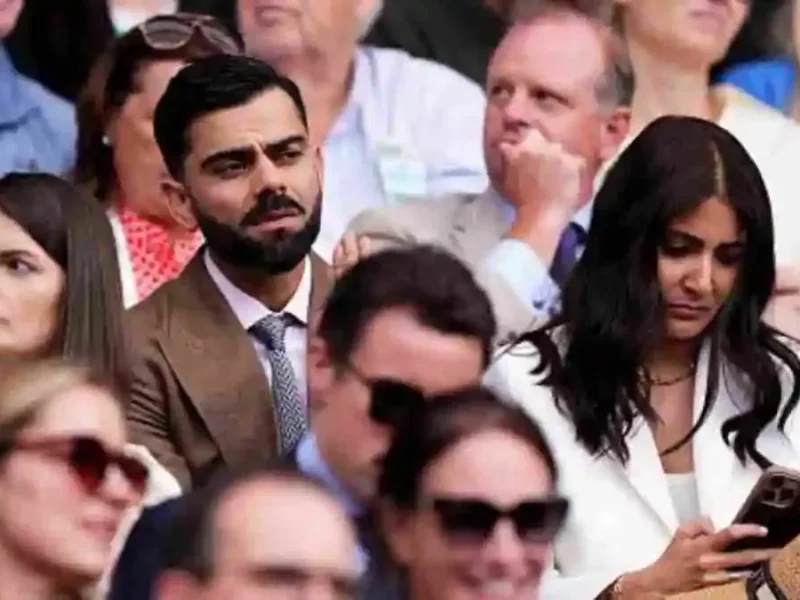
ISI, Dawood Get Breather as U.S. Drops Extradition Request against Top D-Company Financier
The U.S. has dropped its extradition request against top D-Company financier Jabir Motiwala. (free photo via IANS)
ISI, Dawood Get Breather as U.S. Drops Extradition Request against Top D-Company Financier
LONDON/NEW DELHI – After years of persuasion, the U.S. has reportedly dropped an extradition request against Jabir Motiwala, the alleged financier of underworld don Dawood Ibrahim.
Jabir, involved in drug trafficking and handling of international financial deals of Dawood Ibrahim, has been detained in London since 2018 on the request of the Federal Bureau of Investigation. Jabir would now be freed from a London prison, as per the reports of a prominent Pakistan TV channel, which spoke to the lawyers of Dawood’s aide.
For Indian intelligence agencies, the U.S. move to drop the extradition request against the D-Company aide has come as a surprise.
“Until we see the court order, it would not be appropriate to comment on this issue. The U.S., particularly the FBI officials, had gathered strong evidence against Dawood’s key operative for years. Of late, if the U.S. has withdrawn the extradition process against D-Company, it appears to be an unusual step at least against a dreaded underworld syndicate involved in drugs and terror related crimes,” said an IPS officer holding senior rank in the Indian security agencies.
IANS had earlier reported that the officials of the Pakistan High Commission in London were supporting Jabir Motiwala’s case in a bid to thwart the extradition process which had the potential to expose D-Company’s nexus with Pakistani agencies in a U.S. court.
Businessman-turned-underworld operative Jabir Motiwala, a Pakistani national also known as Jabir Siddiq, had earlier appealed against his extradition order in the High Court of London and was awaiting judgment when the extradition request was reportedly withdrawn by the U.S. authorities.
The U.S. extradition request in the British court had revealed that Jabir Motiwala reported directly to underworld don Dawood Ibrahim, who is a designated global terrorist and is wanted in the 1993 serial bombings in Mumbai.
While security agencies of both India and Pakistan were awaiting the judgment of the high court on Motiwala’s extradition, the eleventh hour decision of the U.S. on withdrawing the extradition process was not expected by many.
Earlier, a section of the Pakistani media had said that Motiwala, who hails from a well-to-do family in Karachi, is being framed by the U.S. law enforcing agencies in connection with drugs operations.
On the other hand, the U.S. agencies had initially provided documentary evidence of drug dealing and handling the finances of D-Company, including tapes, against Motiwala in the court.
Pakistani diplomats had earlier tried to thwart the extradition move by submitting a letter on behalf of the accused’s lawyer in the Magistrate’s court, saying Motiwala was a “well known respected businessman in Pakistan.”
In fact, Pakistani diplomats feared that once Motiwala is extradited to the U.S., the close aide of D-Company could reveal the entire nexus between Dawood Ibrahim’s underworld network (being operated from Karachi) and the don’s connection with Pakistan’s spy agency, Inter Services Intelligence.
The U.S. had already declared Dawood Ibrahim a global terrorist running an international drug syndicate and sharing the gang’s routes with Pakistan-based terror outfits. In August 2018, Motiwala was produced before the Magistrate’s court in London after his arrest by the Scotland Yard Extradition Unit on charges of money laundering and sharing the proceeds of narcotics money earned on behalf of the D-Company.
Sources said that Barrister John Hardy, appearing on behalf of the U.S. government, had earlier revealed to the Magistrate’s court that Motiwala travelled extensively and conducted (underworld crimes related) meetings for his boss Dawood Ibrahim.




